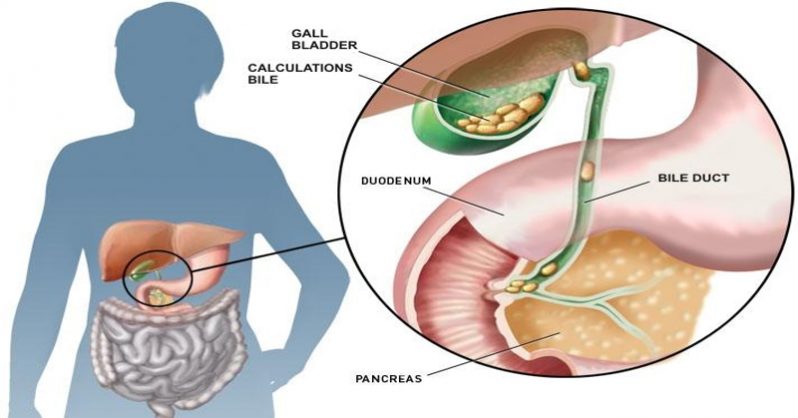Stones

Stones which are present in the urinary track are referred as urolithiasis. There are various sites in the body where stones can be found
- Stones present in the kidney is referred to as kidney stones or nephrolithiasis/nephroliths
- Stones present in the ureter is referred to as ureterolithiasis/ureteroliths.
- Stones present in the bladder is referred as cystolithiasis/cystoliths
- Stones in the urethra is referred as urethrolithiasis/urethrolithiasis
The word –lithiasis is added as suffix in all these terms as ‘Lith-‘ refers to a stone, and ‘-iasis’ refers to the formation of a pathological condition. Medically, stone (a concretion) in the urinary tract is a calculus, or calculi.
What causes kidney stones?
Kidney stones are the result of a buildup of dissolved minerals on the inner lining of the kidneys. They usually consist of calcium oxalate but may be composed of several other compounds. Kidney stones grow upto the size of a golf ball while maintaining a sharp, crystalline structure.
The stones become extremely painful when they leave the body, but they can also cause extreme pain as they leave the body.
Symptoms of Stones
Kidney stones result from a build up of minerals. A kidney stone usually remains symptomless until it moves into the ureter. When symptoms of kidney stones become apparent, they commonly result in following symptoms:
- Acute pain in the groin and/or side
- Blood in urine
- Vomiting and nausea
- White blood cells or pus in the urine
- Lesser amount of the urine excretion
- Extreme burning sensation while urinating
- Continuous feeling to urinate
- Fever and chills in case there is an infection
What are the complications of kidney stones?
Kidney stones that remain inside the body can also lead to many complications such as:
- Blockage of the tube connecting the kidney to the bladder, thereby obstructing the path by which the urine uses to leave the body.
It has been found that individuals with kidney stones have a significantly higher risk of developing chronic kidney disease.
What are the causes of kidney stones?
The main cause of kidney stones is a lack of water in the body. It has been found that individuals who drink less than the recommended eight to ten glasses of water a day develop stones.
Lack of sufficient amount of water fails to dilute the uric acid, a component of urine, the urine becomes more acidic. An excessively acidic environment in urine can lead to the formation of kidney stones.
Certain medical conditions such as Crohn’s disease, urinary tract infections, renal tubular acidosis, hyperparathyroidism, medullary sponge kidney, and Dent’s disease increase the risk of kidney stones.
What are the risk factors that can lead to kidney stones?
Males are more prone to suffer from kidney stones than females. People mostly in the age group of 30 to 50 are more likely to encounter stones. People with family history of stones also are more inclined to suffer from stones.
If a person ones recognizes the kidney stones is most likely to suffer from kidney stones.
Certain medications like topiramate (Topamax) also increase the chances of the kidney stones. It has also been found that people on a long term use of vitamin D and calcium supplements also increases the chances of kidney stones.
Some other causes are as below which can lead to kidney stones are as below:
- A high in protein and sodium but low in calcium
- A sedentary lifestyle
- Obesity
- High blood pressure
- Gastric bypass surgery,
- Inflammatory bowel disease
- Chronic diarrhea
Treatment of stones
- Lithotripsy is the treatment for stones which involves treating stones shockwave and it breaks stone into minute particles.
- Pain should be managed as the stone expulsion is a painful process.
Besides anti-inflammatory drugs, narcotics are at times used in an effort to make the pain of passing the stone tolerable. Antiemetic medication can be used in people experiencing nausea and vomiting.


